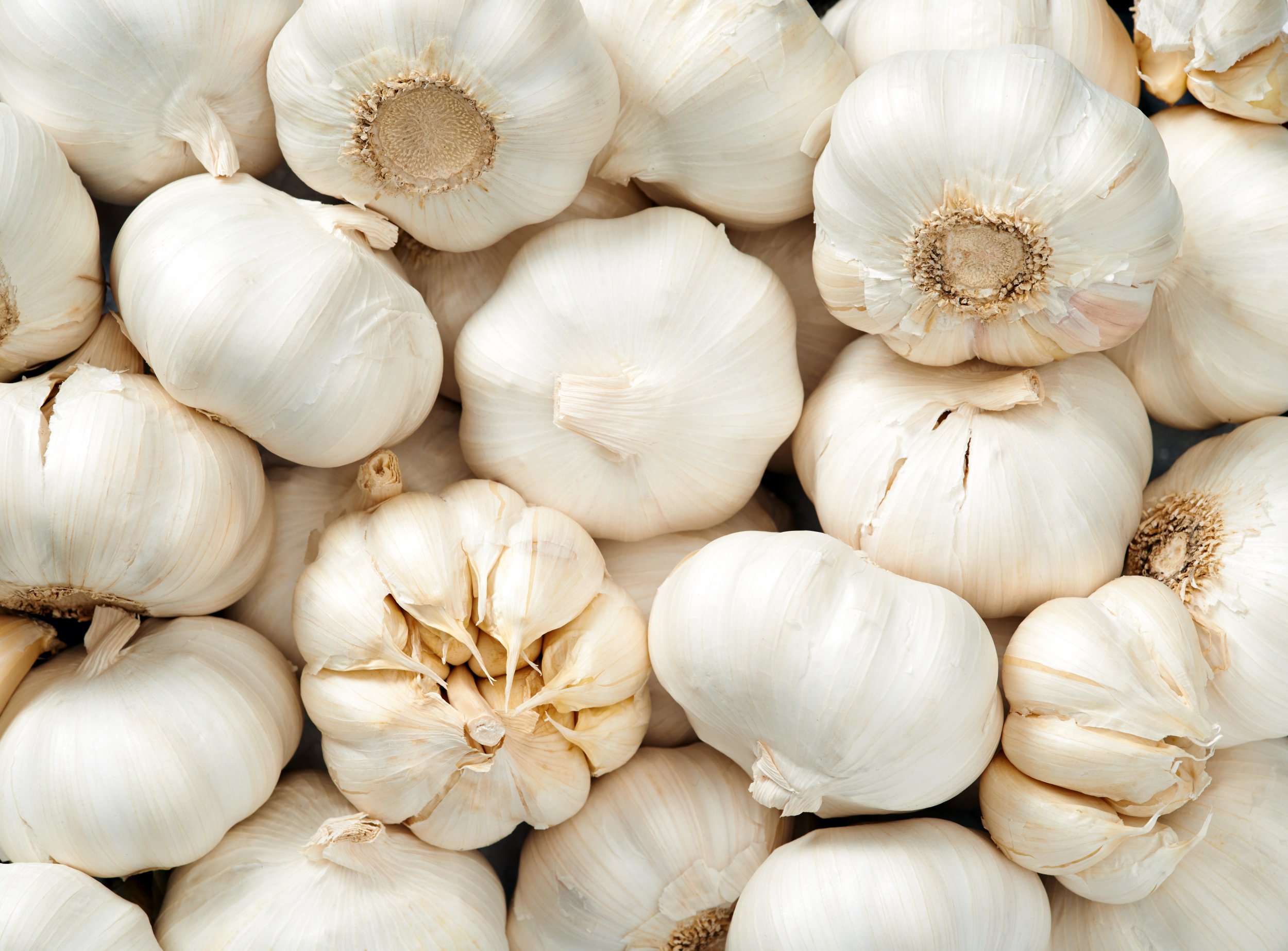
Eating garlic could reduce the risk of developing memory problems later in life, scientists who studied mice believe. Some 5.8 million people in the U.S. have Alzheimer's disease, with the figure predicted to hit 14 million by 2050. We don't know what causes the neurodegenerative condition, and there are no treatments for it.
Researchers therefore wanted to investigate the role our aging digestive systems play in the development of memory problems, and whether an organic compound in garlic called allyl sulfide could help prevent decline. Allyl sulfide "has many health benefits and is known for its detoxifying agents," the authors of the study wrote.
Referring to the microbes which populate the human body and outnumber our own cells by 10 to 1, study co-author Dr. Neetu Tyagi at University of Louisville explained, "The diversity of the gut microbiota is diminished in elderly people, a life stage when neurodegenerative diseases such as Alzheimer's and Parkinson's develop and memory and cognitive abilities can decline. We want to better understand how changes in the gut microbiota relate to aging-associated cognitive decline."
Scientists dosed 24-month-old mice—the equivalent to humans between 56 to 69 years old—with allyl sulfide. They then compared their memory skills to 4-month-old mice and 24-year-old mice that did not take the compound.
The mice who took allyl sulfide had better short- and long-term memory skills, and their gut bacteria was healthier compared with the mice of the same age that didn't take the chemical.
The team believe memory problems could be caused by the neuronal-derived natriuretic factor (NDNF) not being expressed fully in the older mice, as animals who took the garlic supplement had greater expression of the gene. And when older mice who didn't take the garlic compound had therapy related to the NDNF gene, their memory improved.
Dr. Jyotirmaya Behera, who co-led the study with Tyagi, commented: "Our findings suggest that dietary administration of garlic containing allyl sulfide could help maintain healthy gut microorganisms and improve cognitive health in the elderly."
The research was presented at the the American Physiological Society's annual meeting during the 2019 experimental biology meeting. The work has therefore not been published in a peer-reviewed journal.
Dr. James Pickett, head of research at Alzheimer's Society who was not involved in the study, told Newsweek: "There's a growing body of evidence to suggest there's a link between brain and gut health, so it's always exciting to see new research in this area.
"This project is in its infancy and only carried out in mice, so we can't say eating garlic reduces age-related memory problems or impacts gut health at this stage.
"We're investing in research to examine how bacteria in the gut can influence brain function and health. In the meantime, what we do know is what is good for the heart is good for the head: A healthy, varied diet and getting plenty of exercise can help to reduce risk of dementia."
In a separate study published in 2018, researchers found that what people eat in middle age doesn't affect their risk of developing dementia as they grow old. But experts suggested the findings weren't a green light to eat unhealthy foods.
Researchers studied 8,255 adults over 25 years to document which participants developed the neurocognitive condition and to identify any patterns in the foods they ate. The scientists published their findings in the journal JAMA.
Uncommon Knowledge
Newsweek is committed to challenging conventional wisdom and finding connections in the search for common ground.
Newsweek is committed to challenging conventional wisdom and finding connections in the search for common ground.
About the writer
Kashmira Gander is Deputy Science Editor at Newsweek. Her interests include health, gender, LGBTQIA+ issues, human rights, subcultures, music, and lifestyle. Her ... Read more
To read how Newsweek uses AI as a newsroom tool, Click here.








